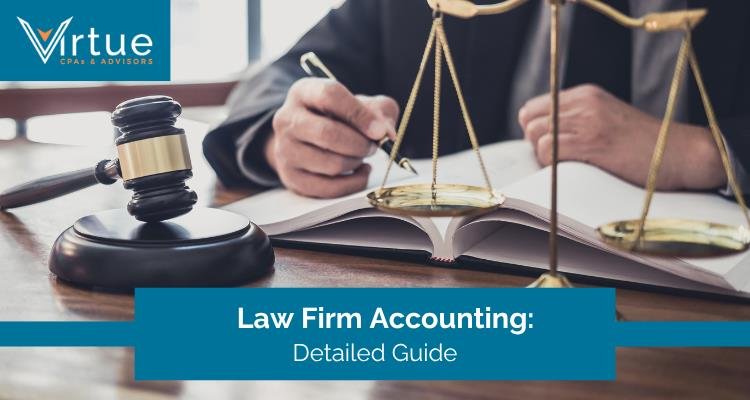Your tax return mistakes could cost you a lot. Missing the filing deadline without requesting an extension can lead to penalties. Filing late may also result in additional charges based on your unpaid tax.
The IRS doesn’t just penalize late filing. Understating your income or claiming ineligible deductions may result in accuracy-related penalties. Self-employed individuals who miss quarterly estimated tax payments might face underpayment penalties.
Let’s explore common tax filing mistakes, what triggers IRS penalties, and how you can protect yourself. Most importantly, you’ll learn actionable steps to keep your hard-earned money safe from unnecessary penalties.
What Are Tax Mistakes & Why Do They Lead to IRS Penalties?
The IRS issues penalties based on tax filing errors. While there are numerous types of penalties, a few specific mistakes lead to most of them.
Your penalty amount depends on the nature of the mistake and how much tax is involved. The IRS considers errors such as underpayment, incorrect filing, or missing deadlines as serious violations.
Tax mistakes aren’t always deliberate. The IRS defines negligence as failing to follow tax laws properly. Simple oversights, such as forgetting to report income or incorrectly claiming deductions, can still trigger penalties.
Most filing errors happen due to honest mistakes, but ignorance of tax laws won’t exempt you from penalties. The IRS expects taxpayers to understand their obligations or seek professional guidance.

Top 5 Common Tax Filing Mistakes That Trigger IRS Penalties
The IRS closely monitors tax returns for errors. Here are the most common mistakes that can lead to penalties:
1. Incorrect Tax Return
Misreporting financial details on a tax return may result in accuracy-related penalties. If errors are discovered, the IRS may impose additional charges on underpaid taxes.
2. Late Filing
Missing the tax filing deadline can lead to penalties that increase over time. If a return is filed significantly late, the IRS may impose a minimum penalty.
3. Underpayment of Estimated Tax
Self-employed individuals and business owners are required to make quarterly estimated tax payments. Failing to make these payments on time can lead to underpayment penalties.
Estimated tax deadlines:
- April 15 (for income earned January 1 - March 31)
- June 15 (for income earned April 1 - May 31)
- September 15 (for income earned June 1 - August 31)
- January 15 (for income earned September 1 - December 31)
4. Incorrect Deductions & Credits
Claiming deductions or credits that you don’t qualify for can lead to accuracy-related penalties. The IRS scrutinizes returns to ensure all claimed benefits are legitimate.
5. Missing Income
All sources of income must be reported. The IRS cross-checks income using employer and financial institution reports. Failing to report any income may result in penalties or audits.
How to Avoid IRS Penalties & Tax Mistakes
Implement these strategies to avoid costly tax penalties:
1. Verify Your Personal & Business Information
Ensure that your Social Security number, business EIN, and other identifying details are accurate before filing. Mistakes in personal information can delay processing or trigger IRS notices.
2. Report All Income Accurately
The IRS matches reported income with records from employers and financial institutions. Failing to report even small amounts of income may result in penalties.
3. Choose the Right Filing Status & Deductions
Selecting the correct filing status impacts your tax liability. While filing jointly often provides benefits for married couples, separate filings may be better in certain situations, such as high medical expenses.
4. Avoid Underpayment Penalties
To prevent underpayment penalties, ensure you pay enough tax throughout the year. Paying at least 90% of your current year’s tax or 100% of last year’s liability can help meet IRS requirements.
5. Keep Detailed Tax Records
Maintain proper records to support your tax filings, including:
- Sales receipts and paid bills
- Invoices and statements
- Deposit records and bank statements
6. File on Time & Pay Taxes Due
Timely filing prevents late penalties from accumulating. If you can’t pay in full, setting up a payment plan with the IRS can help reduce penalty amounts.
7. Work with a Professional Accountant
A professional accountant ensures accurate tax filing and compliance with current regulations. CPAs can also provide guidance during IRS audits and help you maximize legitimate deductions.
What Happens If You Make a Mistake on Your Tax Return?
If the IRS detects an error on your tax return, they may issue a notice explaining the correction. Common resolutions include:
- Math errors – The IRS may automatically adjust your return and notify you.
- Missing forms – The IRS may request additional documentation.
- Amended returns – File Form 1040-X if you need to correct a major mistake.
If an error results in unpaid tax, the IRS may charge interest and penalties based on the nature of the mistake.
Conclusion
Tax mistakes can lead to penalties that quickly add up. The best way to avoid them is through careful record-keeping, timely filing, and accurate reporting of all income.
Small errors, such as missing a 1099 form or selecting the wrong filing status, can result in audits or penalties. Keeping thorough records throughout the year helps prevent costly issues during tax season.
The IRS continuously improves its automated systems to detect discrepancies. Working with a professional accountant ensures compliance and minimizes your risk of penalties. Choose Virtue CPAs, one of the best accounting and taxation firms in Atlanta, GA, USA, simplifying your tax return, avoiding complex tax situations, and getting you all legitimate tax deductions.
Connect with Our Tax Experts Today and ensure error-free tax filing!
FAQs







